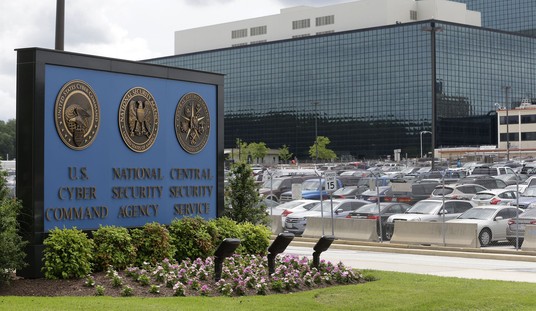Russian President Vladimir Putin lifted a ban on shipping S-300 air defense missile systems to the Islamic Republic of Iran on Monday morning. Moscow will also begin importing Iranian oil in exchange for other goods.
Russia cancelled a contract to ship the S-300 missile systems to Iran in 2010 under pressure from the west, but has now lifted the embargo.
“The Executive Order lifts the ban on transit of the S-300 air defense missile systems via Russian Federation territory (including by air), export from the Russian Federation to the Islamic Republic of Iran, and transfer of the S-300 to the Islamic Republic of Iran outside the Russian Federation’s territory, using ships or aircraft flying the Russian Federation flag,” the Kremlin announced in a press release Monday.
“We don’t believe it’s constructive at this time for the Russians to move forward with this at this time,” said State Department Spokesperson Marie Harf at Monday afternoon’s press briefing.
Ultimately though, the State Department doesn’t see the lift of the sanctions as a sign of disunity between western nations over the nuclear deal agreed to earlier this month in Switzerland. Secretary of State John Kerry touted Russian cooperation in the Iran deal three times on Sunday shows April 12.
Israeli officials have denounced the lift of the ban, saying that an Iranian missile defense system would hamper strikes against any nuclear facilities which would exist under the recently negotiated nuclear deal.
“This is a direct result of the legitimacy that Iran is receiving from the nuclear deal that is being prepared, and proof that the Iranian economic growth which follows the lifting of sanctions will be exploited for arming itself and not for the welfare of the Iranian people,” Israeli Intelligence Minister Yuval Steinitz said in a statement.
Recommended
Russian Foreign Minister commented on the ban lift to the Russian news service TASS:
“This result was in many respects achieved because the six international negotiators worked in a consolidated manner on political settlement of the serious problem,” he said. “We are convinced that at this stage, there’s no more need of such an embargo, Russia’s separate voluntary embargo.”“S-300 is an air defense missile system, which is of a purely defensive nature. It is not designed for attacks and will not put at risk the security of any regional state, including Israel, of course,” Lavrov said.
“Meanwhile, for Iran, taking into account the very tense situation in the region surrounding it, modern air defense systems are very important,” he said.
A $20 billion Russia-Iran deal has been discussed, in which Russia would supply equipment, construction materials and grain to Iran in exchange for up to 500,000 barrels of Iranian oil. The rollout, Ryabkov described, would be “on a very significant scale.”
Reuters reports:
Officials from the two countries have issued contradictory statements since then on whether a barter deal has been signed, but Deputy Foreign Minister Sergei Ryabkov indicated one was already being implemented.
“In exchange for Iranian crude oil supplies, we are delivering certain products,” Russian Deputy Foreign Minister Sergei Ryabkov said in a briefing. “This is not banned or limited under the current sanctions regime.”
When the Iran deal was first discussed at the beginning of this month, Harf positively highlighted Russian cooperation in the negotiations as a demonstration of solidarity:
“It’s incredibly important, and the fact that we and Russia, even though we disagree on so many issues, are on the same page when it comes to the Iran nuclear program has been very helpful inside the negotiating room, certainly,” Harf said. “I think it has shown the Iranians that even though we disagree on so many issues, we agree on this. I think on a couple of technical pieces, the Russian team has been also particularly helpful.”
























Join the conversation as a VIP Member